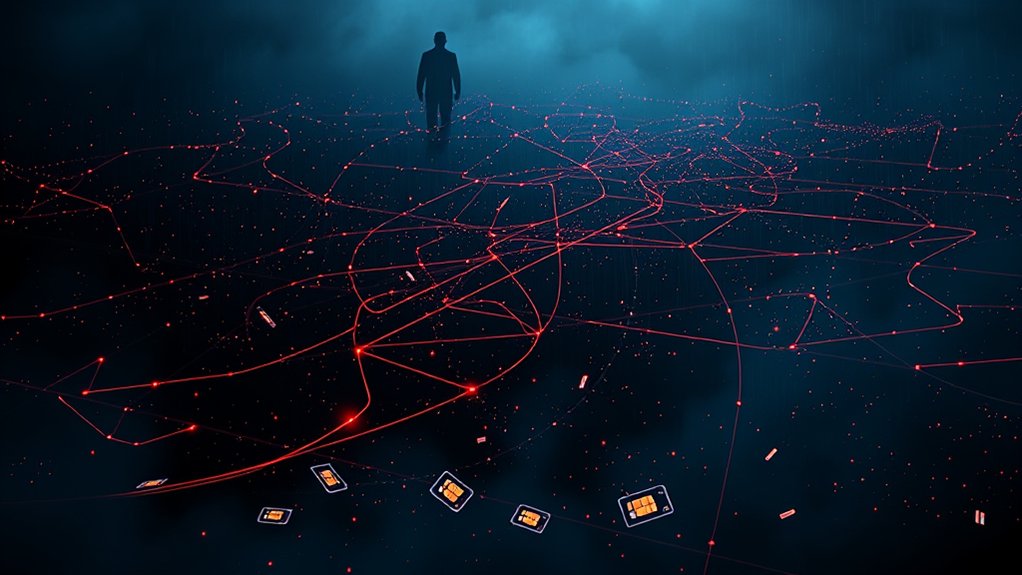As law firms increasingly become targets for cybercriminals, the Silent Ransom Group (SRG) has shifted its focus from the healthcare and insurance sectors to exploit the vulnerabilities inherent in the legal profession. Established in 2022, the SRG, also referred to as Luna Moth or Chatty Spider, has gained notoriety for its sophisticated tactics that now include impersonating IT personnel through direct phone calls, allowing them to access sensitive client data. This evolution in their operational approach represents a significant threat, particularly to U.S. law firms, where the handling of confidential information creates lucrative opportunities for exploitative ransomware attacks.
The Silent Ransom Group targets law firms, employing sophisticated tactics to exploit confidential client data through impersonation and urgency.
The FBI has raised alarms regarding the SRG’s recent activities, particularly warning legal entities to remain vigilant against these social engineering attacks. As of March 2025, SRG has shifted from traditional phishing strategies to immediate interactions via telephone, thereby increasing the urgency and pressure on victims. The attackers employ tactics such as callback phishing, where unclickable images in emails prompt victims to contact a fraudulent number, and fake IT support calls designed to manipulate employees. By nurturing a sense of urgency, the group encourages quick action, thereby reducing the likelihood of scrutiny from potential victims. Phishing emails disguised as software invoices are a major part of the SRG’s tactics, illustrating their growing sophistication in manipulating unsuspecting targets. In this landscape, attackers have effectively engaged in social engineering tactics to gain remote access to sensitive information.
The legal sector’s vulnerabilities are exacerbated by the presence of smaller law firms, which often lack the strong security resources available to larger firms. These small operations, typically comprised of tight-knit teams, can be more susceptible to manipulation, allowing attackers to exploit relationships and trust. With zero-day vulnerabilities being particularly dangerous, these firms face heightened risks from unknown security flaws that can be exploited before patches are available.
The ramifications of successful breaches are profound, as ransom demands can lead to significant financial losses, along with serious reputational damage that can undermine client trust.
The SRG’s operational methods, including sophisticated social engineering and real-time exploitation, have made them one of the most significant threats to the legal sector. Current FBI alerts highlight the need for thorough strategies to mitigate this risk, suggesting that all law firms, regardless of size, must adopt rigorous security measures to safeguard their sensitive data.






